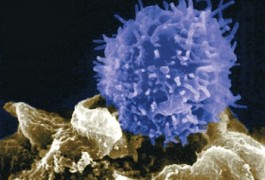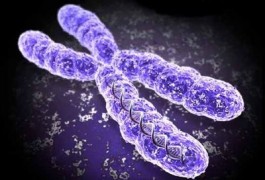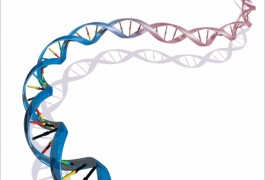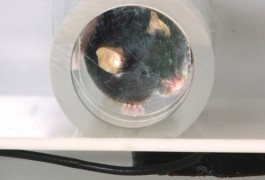MEG imaging simplifies mapping of autistic brains
Imagine being confined for at least half an hour to a dark, claustrophobic tunnel, in a machine so obnoxiously loud that it sounds like you’re in an oil drum with a jackhammer pounding on the outside. Thatʼs whatʼs involved in magnetic resonance imaging (MRI): an experience enough to make even the bravest among us flinch.



